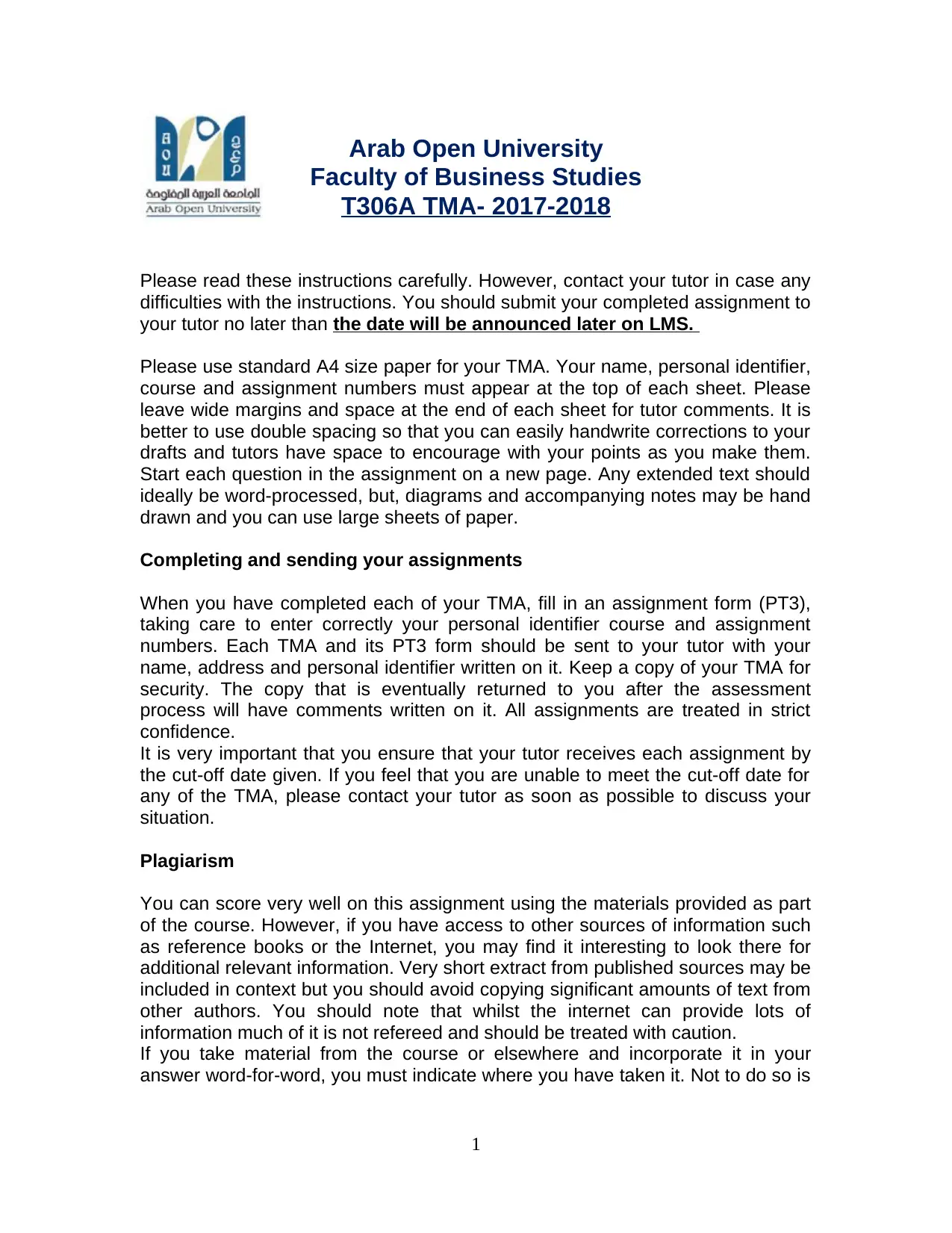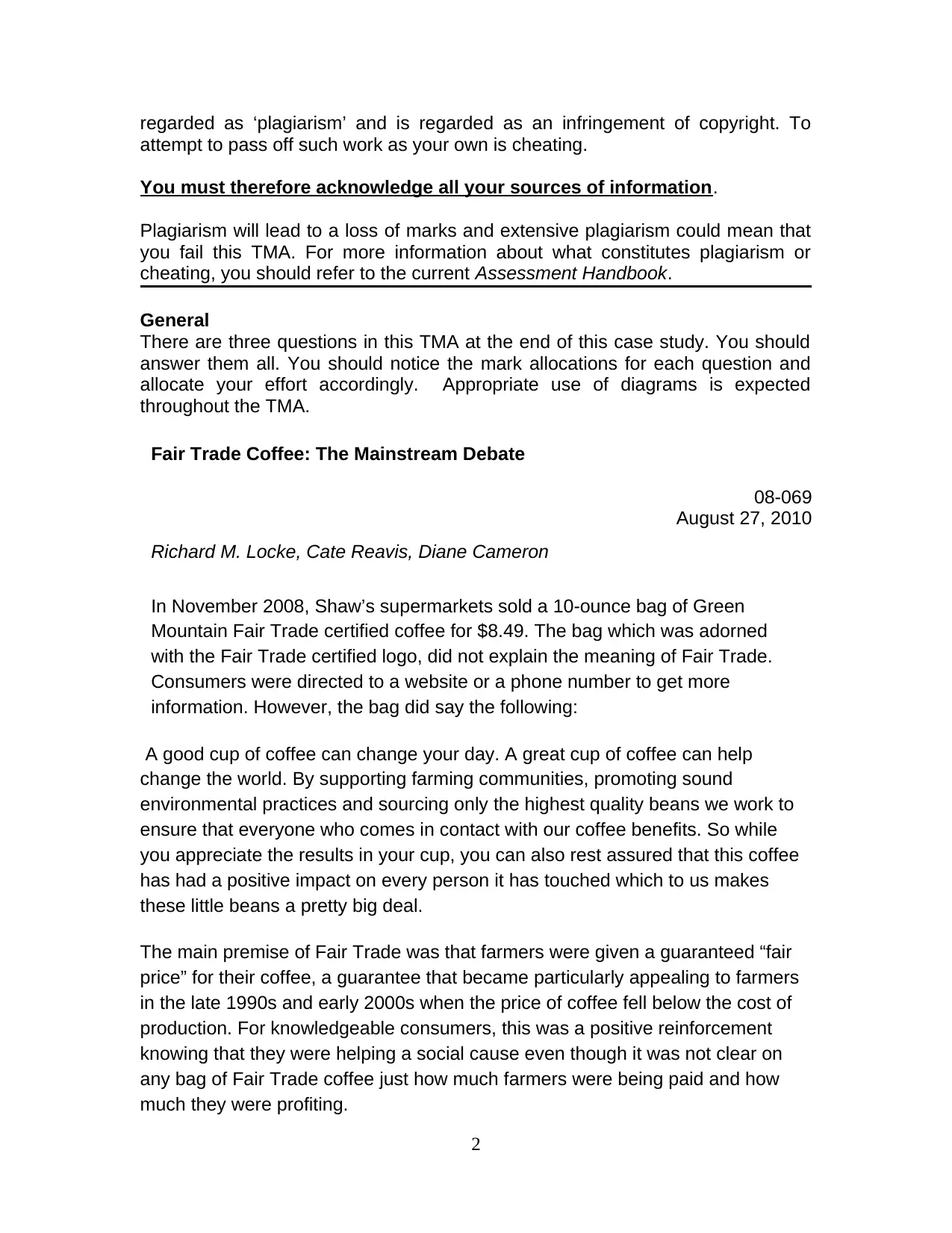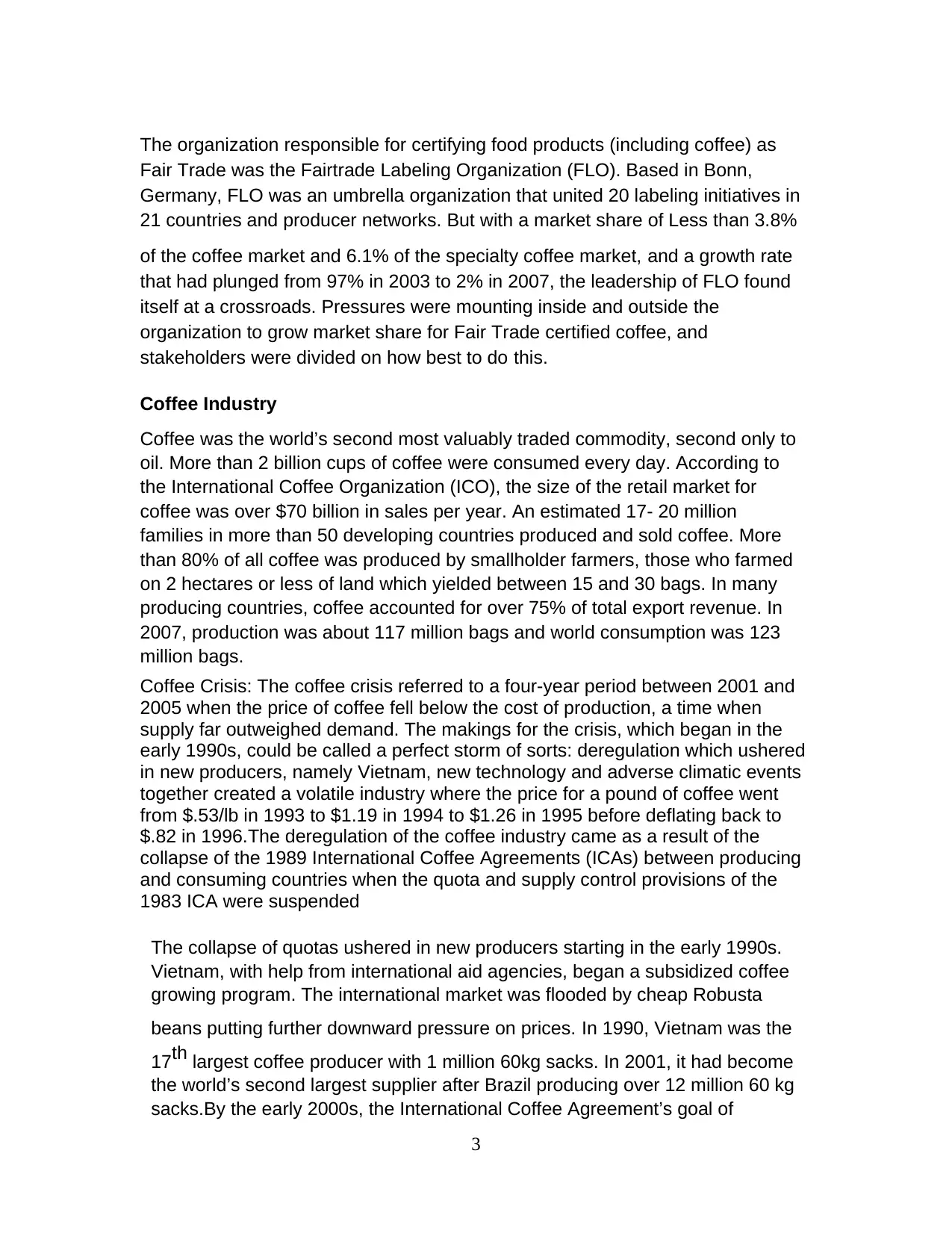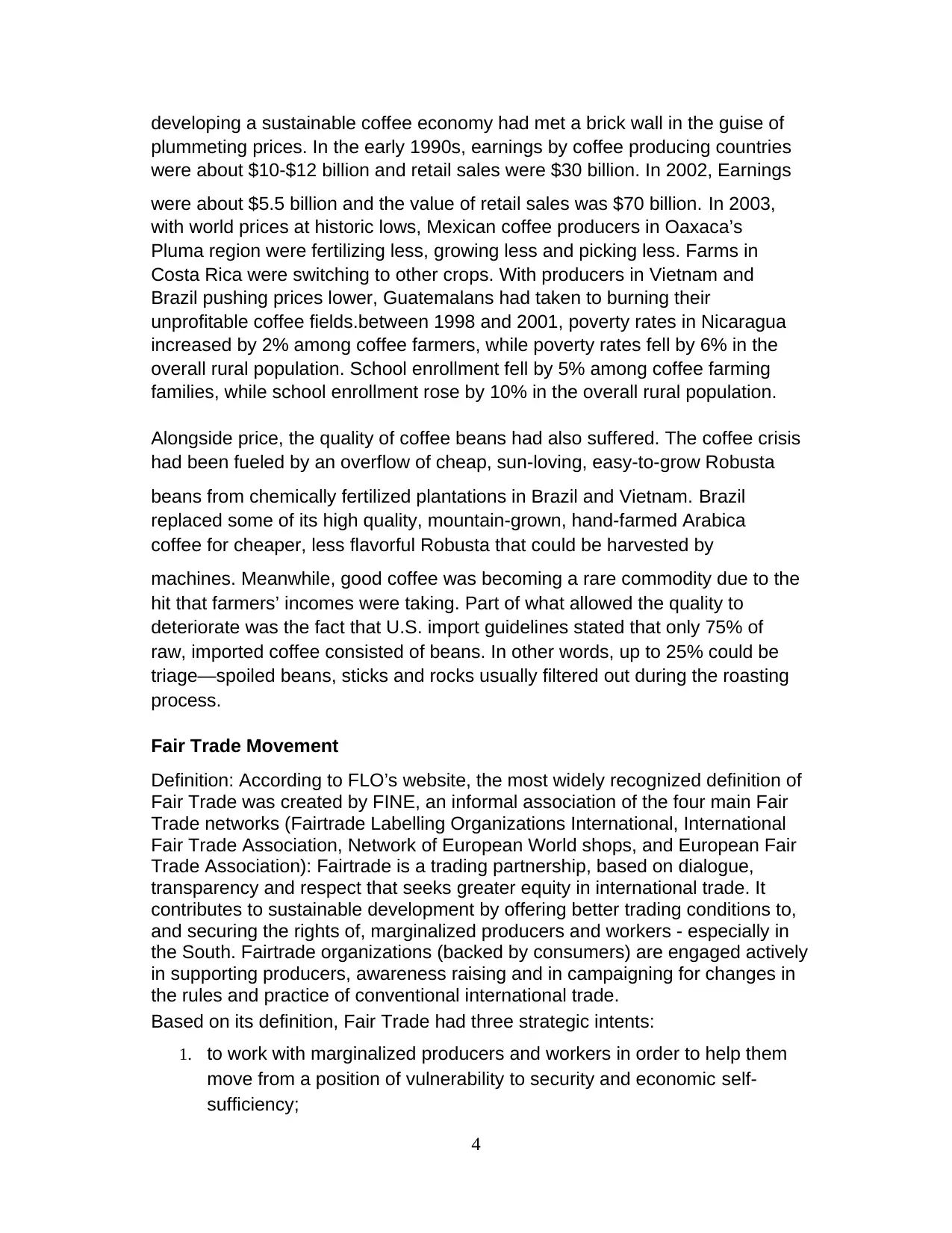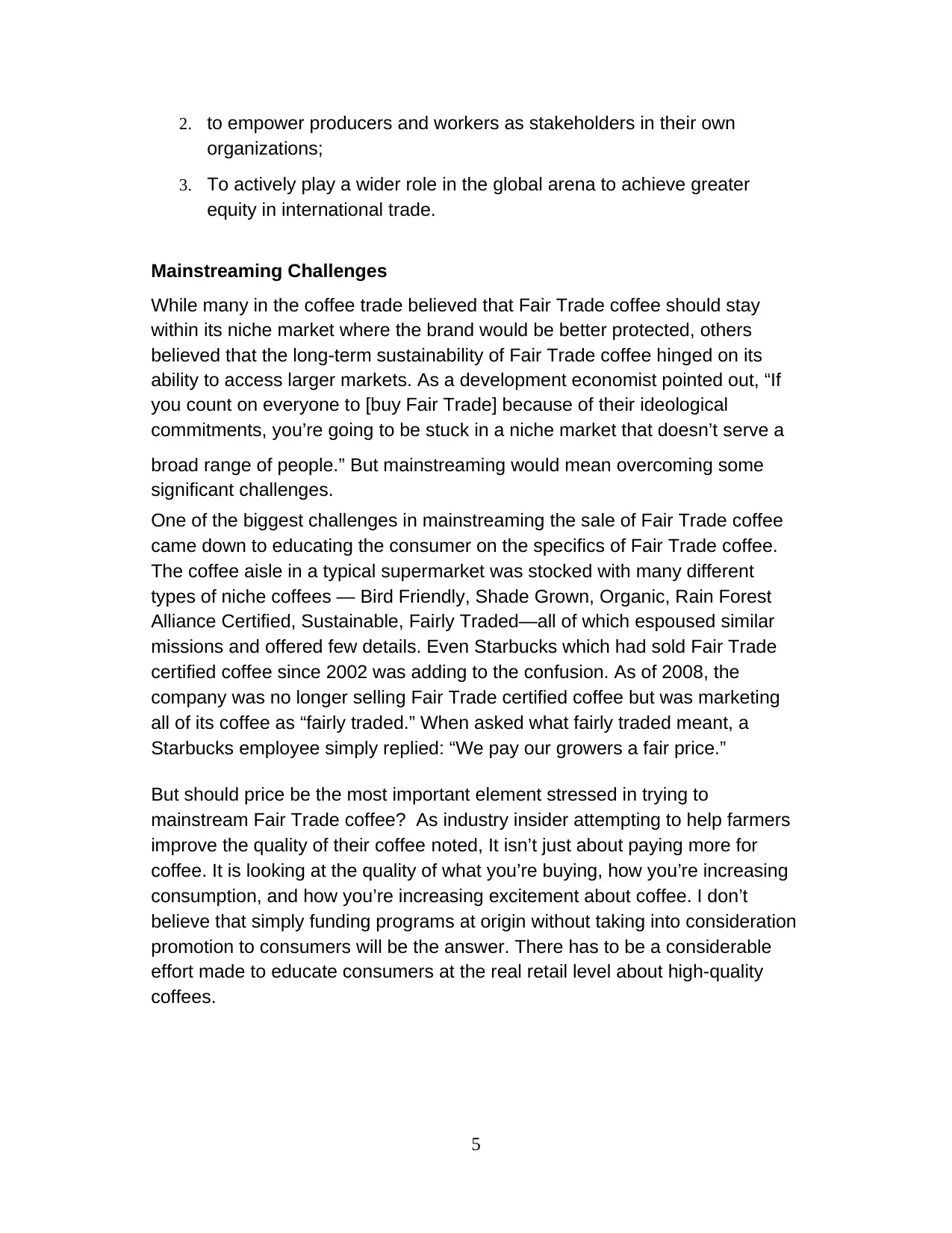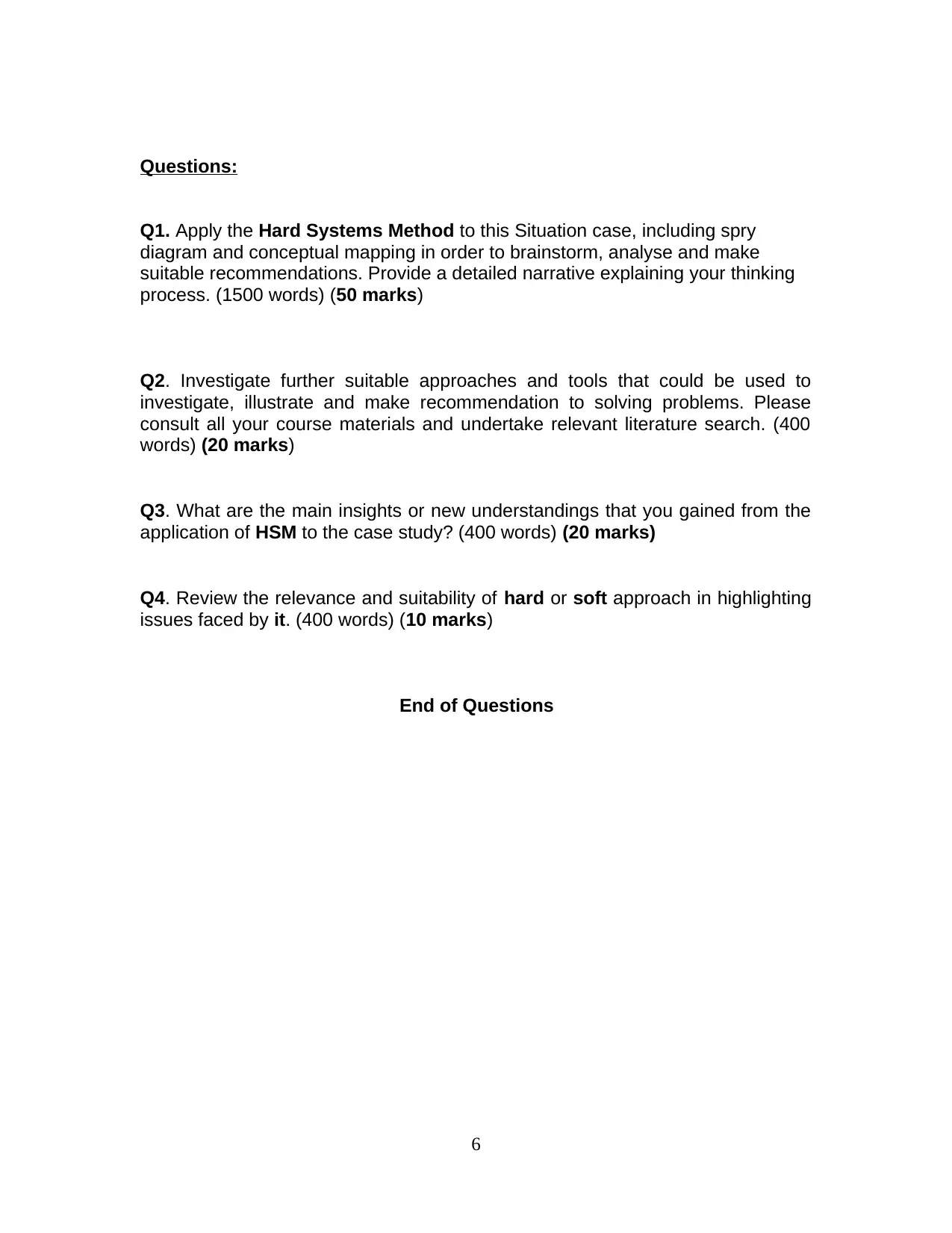The Fairtrade Labelling Organizations International (FLO) was a non-profit organization that united 20 labeling initiatives in 21 countries and producer networks. However, FLO faced a crossroads due to its declining market share of Less than 3.8% of the coffee market and 6.1% of the specialty coffee market. To grow market share, stakeholders were divided on how best to do this, with some believing that Fairtrade coffee should stay within its niche market and others arguing that mainstreaming was necessary for long-term sustainability. The coffee industry was characterized by a perfect storm of deregulation, new producers, technology, and adverse climatic events, which led to a four-year period between 2001 and 2005 when the price of coffee fell below the cost of production. This crisis had significant effects on coffee-producing countries, including poverty rates and school enrollment. The Fairtrade movement aimed to work with marginalized producers and workers to help them move from vulnerability to security and economic self-sufficiency. However, mainstreaming challenges included educating consumers about the specifics of Fair Trade coffee and overcoming the confusion caused by multiple niche markets and similar certifications.
![[object Object]](/_next/static/media/star-bottom.7253800d.svg)
![[object Object]](/_next/static/media/star-bottom.7253800d.svg)
